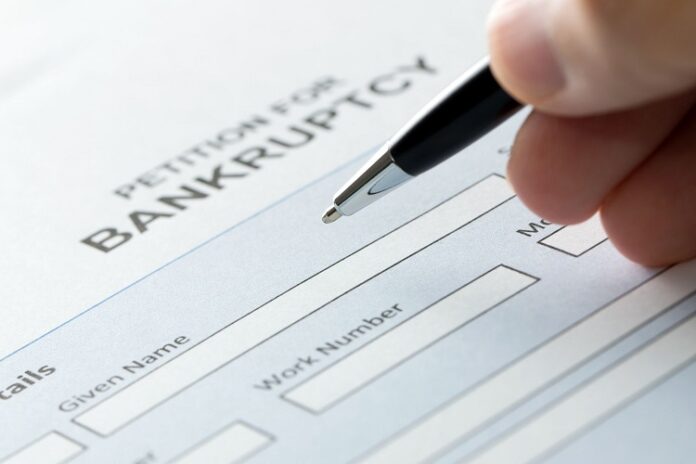Filing for bankruptcy is a difficult time and your opportunities for buying a home may seem bleak. However, just because you filed for bankruptcy does not mean you cannot receive home mortgage loans or buy a home. When you file for bankruptcy the worst consequence is the hit your credit score will take. As your credit score drops, the interest rates you may pay for loans will increase dramatically. To learn more about loans after bankruptcy, click here.
Whenever money is borrowed, the lender provides the credit bureau with information about the type of credit and how your debt was handled. The bureau takes this information and then determines a credit score for you based on the following five factors:
- Previous credit performance
- Current debt levels
- Time your credit has been in use
- Types of credit you have available
- Any pursuit of new credit
Each of the aforementioned five items is weighed differently.
Your previous credit performance is worth 35%, with the current debt level worth 30%, the time your credit has been in use worth 15%, the types of credit you have available worth 15%, and any pursuit of new credit worth 5%.
As such, there are MANY ways in which you can improve your credit score. One of the most influential factors is having a past which indicates that your debts are paid off quickly. In addition, it is important to maintain low debt levels which include not retaining a large balance on any lines of credit. You can also help from Bankruptcy Law firm Staten Island improve your credit score by having a longer credit history and avoiding applying for new credit regularly. Other quick ways to improve your credit score include going above and beyond when paying off things such as your car or home. Even if you are overpaying by only a few dollars a month, it shows good faith and that you are committed and reliable. Paying early is one more way to prove yourself over a course of a few months that can result in an improved credit score faster. Paying off credit cards quickly is also recommended to increase your score – these are usually the key payments to make since most credit cards APR tend to increase when paid late. Once you have increased your credit score, you’ll be surprised at how easy it is to attain a loan, read more about applying for a loan here.
After you have filed for bankruptcy it will remain on your credit record for ten years. However, if you want to apply for a home loan you should wait four years after you have filed for bankruptcy before applying, this will get you better rates. If your home was foreclosed, you should wait two years before you apply for a new home mortgage loan because you can reduce the percentage you must put down by 3.5%. If you need a home directly after you filed for bankruptcy, you can find hard-money lenders who are willing to loan money after six months of the bankruptcy being filed, but they will charge you interest rates upwards of twenty percent and require 35% down.



